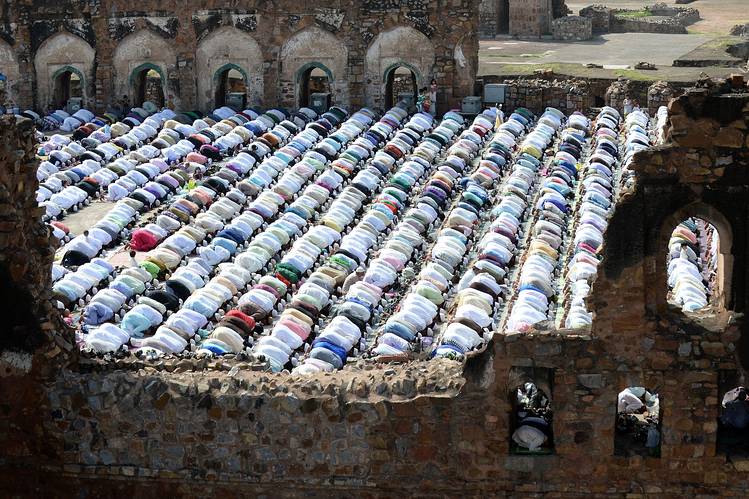- About
- Topics
- Picks
- Audio
- Story
- In-Depth
- Opinion
- News
- Donate
- Signup for our newsletterOur Editors' Best Picks.Send
Read, Debate: Engage.
| August 01, 2016 | |
|---|---|
| topic: | Human Rights |
| tags: | #AFSPA, #amnesty international, #Asha Parivar, #Asian Centre of Social Studies, #Chanu Sharmila, #Gandhi Global Family, #Jagriti Mahila Samiti, #NAPM, #Yuva Koshish |
| located: | India |
| by: | Jose Kalathil |
It is the longest hunger strike of the world that shall end on August 9. That is because Chanu Sharmila wants to contest in the next year's State Assembly elections as an Independent candidate. She is also planning to "settle down" with her long-time partner of British citizen of Indian origin, Desmond Coutinho, a 48-year-old writer and activist.
She has been on hunger strike since November 2000 demanding repeal of the Armed Forces (Special Powers) Act (AFSPA) in the state, which allows security men to even kill a person on suspicion without the fear of facing a trial in court. The Act is applicable only in the seven north-eastern states and the state of Jammu & Kashmir, in the north, bordering Pakistan.
Chanu Sharmila had began her strike two days after the paramilitary Assam Rifles battalion killed 10 civilians at a bus stop in a village near Imphal, Manipur's capital, which she witnessed. The iconic rights activist, who has been forcibly fed through a nasal tube since then, said she would join politics as she no longer believes that her fast will lead to the repeal of the “draconian” Act.
“I will end my fast on August 9 and contest elections on an independent ticket,” Sharmila told the media after coming out of a local court where she is facing a trial for attempting suicide.“I will join politics and my fight will continue,” said Sharmila, speaking with her nose tube on. A special ward of Imphal's Jawahar Lal Nehru Hospital, also serves as a prison for her.
On the charge of attempting suicide by means of a fast unto death in 2006 at the national capital New Delhi, she has been arrested, released and then re-arrested from time to time. The maximum punishment for this under Section 309 of Indian Penal Code is a one-year jail term.
From the days of Mahatma Gandhi to the recent anti-corruption protests of Anna Hazare, activists have been using hunger strikes as a tool of protest.
International human rights organisations like Amnesty International have been demanding her unconditional release from prison. A network of civil societies like NAPM, Gandhi Global Family, Asha Parivar, Jagriti Mahila Samiti, Yuva Koshish, Asian Centre of Social Studies and Mission Bhartiyam have been running a “Save Sharmila Campaign” for many years.
Many books have been written and a short documentary 'My Body My Weapon' have also been made on her life. An Indian theatre artist has also performed a mono-play titled 'Le Mashale' (Take the torch) in different cities. Sharmila herself has published a collection of poems in Manipuri language.
Chanu Sharmila also said that general “public apathy” to her 'struggle' forced her to take the decision. She said she was dismayed by the inability of the government to pay heed to her plea for the repeal of AFSPA as well as apathy of the civilian bodies in her fight.
Her elder brother Singhajit, who has been with her throughout her struggle said he never knew about her decision. "I haven't spoken to her in the last few days due to my bad health. I heard it from others about her decision,” he told a news agency.
Sharmila's long-time associate Babloo Loitongbam, Director of NGO Human Rights Alert Manipur, said he too was surprised. "If AFSPA has not been repealed in 15 years of her fast then it won't happen in another 30 years also,” he said.
In 2000, when the activist embarked on her hunger strike, she had taken a vow to neither enter her house nor meet her mother till the government repealed the Act. Since then, she has met her mother Sakhi Devi only once when she was also admitted to the same hospital in 2009.
Her Gandhian-like struggle has won her several human rights awards including the 2007 Gwangju Prize for Human Rights, which is given to “an outstanding person or group, active in the promotion and advocacy of peace, democracy and human rights”.
By copying the embed code below, you agree to adhere to our republishing guidelines.
